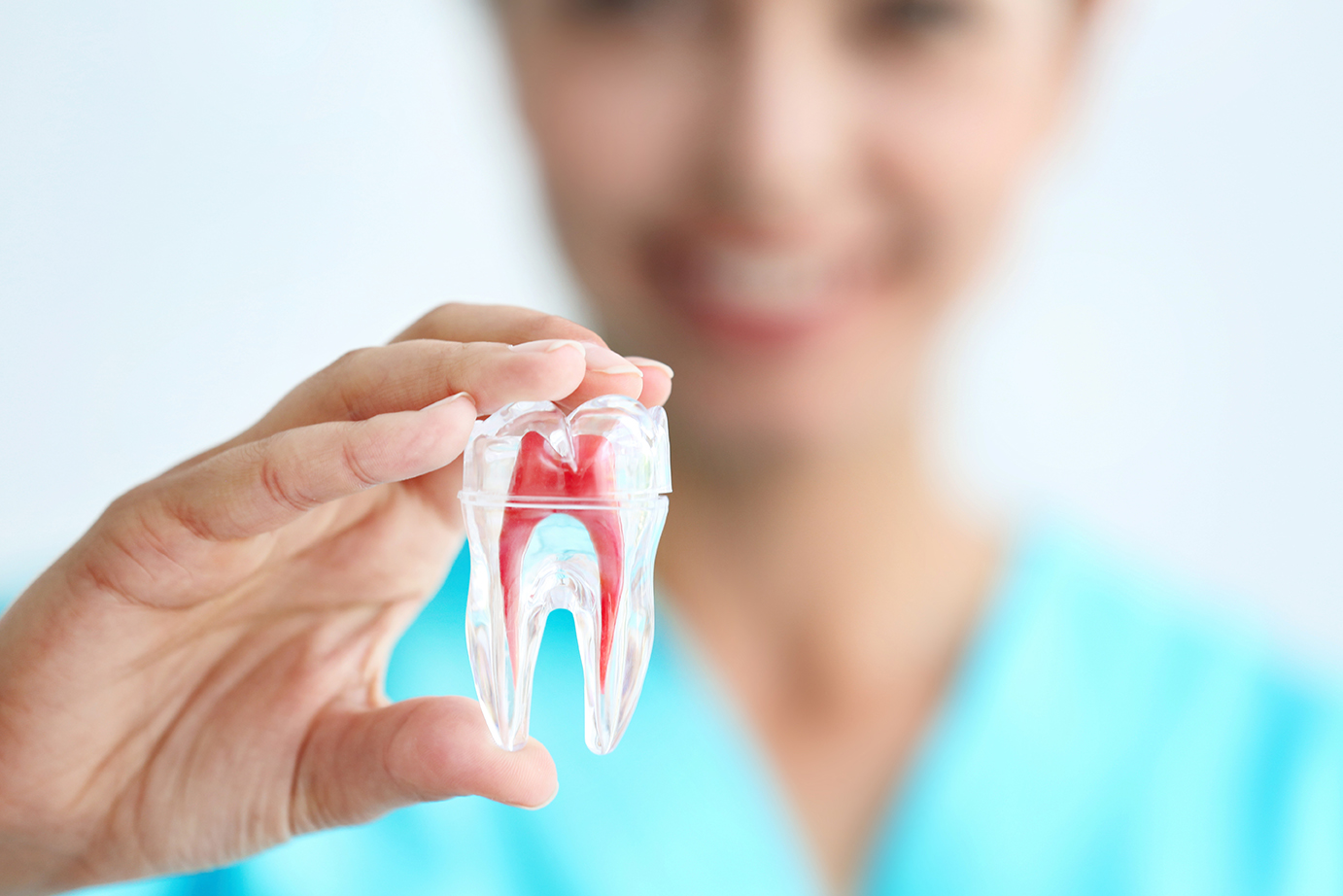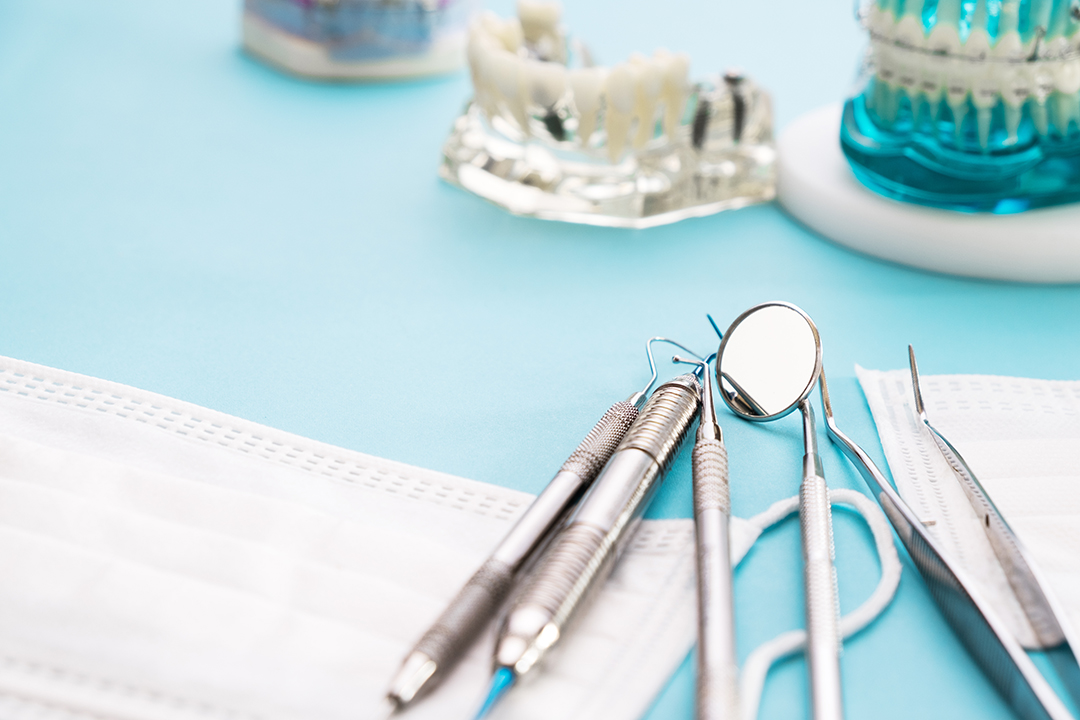When the dentin, the coating of your teeth underneath the enamel, is exposed, dental discomfort typically results. Erosion (wear and tear) and gum recession may be to blame for this.
Teeth roots include hundreds of small tubules that lead to the interior of your tooth but aren’t protected by strong enamel (the pulp). The nerve in your tooth is stimulated by stimuli like hot, cold, or sweet food through these dentinal tubules (or channels), which causes the discomfort you experience.
Further to being a sign of cavities, gum disease, or a damaged tooth, dental sensitivity may also be a sign of other problems. But how can one know if they’re experiencing tooth sensitivity and how to treat a sensitive tooth? In this NYC Smile’s article, we’ll give answers to these questions.
How can you tell if your Teeth are Sensitive?
Here are some warning indicators to watch out for if you’re questioning whether your teeth are getting extremely sensitive:
- Undesirable reactions to hot drinks and food.
- Pain brought on by cold meals and beverages.
- Heat and cold sensitivity
- Brushing and flossing cause pain.
- Sensitivity to sweet and acidic meals and beverages.
It’s quite common to have a sharp ache or some minor discomfort following eating a hot soup plate or while indulging in an ice cream cup. While we have a sense that our teeth are about to come out during these experiences, tooth sensitivity is not related to dental roots. It mostly affects our enamel, a layer that covers our teeth and protects our nerve endings.
What causes Teeth Sensitivity?
Teeth sensitivity is a disorder that can be passed down genetically or developed under stressful circumstances. Despite the circumstance, if it is resolved quickly, there won’t be any dangers. The following are the various root causes of this unpleasant ailment:
- Ingestion of meals and drinks with acid regularly.
- Too much force is used while brushing and flossing, which damages the enamel.
- Teeth that have been broken or fractured, revealing some dentin.
- Poor dental hygiene that leaves no trace of germs.
- Routinely gnashing one’s teeth, even while asleep.
Tooth sensitivity could be caused by other health problems. For instance, acid might go from your gut to your mouth as a result of bulimia and gastroparesis. The acid will slowly wear away your enamel, exposing more and more fragile tooth layers.
How to Prevent Teeth Sensitivity?
See your dentist if you’re plagued by sensitive teeth. Your dentist can find the underlying reasons for your dental discomfort or rule them out. Based on the situation, your dentist may advise:
Toothpaste with Desensitizers:
Desensitizing toothpaste might occasionally assist in reducing dental discomfort after repeated applications
Bonding or Desensitizing:
On occasion, sensitive root surfaces that have been exposed might be addressed by coating them in bonding glue. It’s possible that you’ll need a local anesthetic..
Gum graft surgery:
A little piece of gum tissue from another part of your mouth can be retrieved and connected to the damaged area if your tooth root has deteriorated gum tissue. By doing so, you can protect exposed roots and lessen sensitivity.
Fluoride:
To bolster tooth enamel and lessen discomfort, your dentist may administer fluoride to the sensitive parts of your teeth. Also, he or she could advise applying prescription fluoride using a personalized tray at home.
A root canal treatment:
Your dentist may suggest a root canal to repair issues in the soft core of the tooth if your sensitive teeth are really painful as well as other treatments are ineffective (dental pulp). Despite the fact that this procedure may appear extensive, it is thought to be the most effective way to cure dental sensitivity.
Conclusion
Tooth sensitivity can affect anyone and the correct treatment depends on the root cause. To lessen the possibility of dental sensitivity brought on by typical wear and tear:
- Keep appropriate oral hygiene by continuing to brush and floss your teeth properly to completely clean your mouth and teeth.
- Employ a toothbrush with soft bristles to avoid abrading the surface of your teeth and irritating your gums.
- Monitor your diet. With repeated consumption, acidic foods can gradually erode tooth enamel, exposing dentin. Moreover, they could heighten sensitivity and trigger a pain response.
- Employ fluoride dental products. A fluoridated mouthwash might lessen sensitivity when used daily. Ask your dentist if there are any things you can use at home.
- If you grind or clench your teeth at night, wear a mouth guard so this doesn’t happen.
- See the dentist frequently. See a dentist regularly to have your teeth cleaned, checked, and treated with fluoride.
Contact us today if you are suffering from tooth sensitivity and our team of professional dentists will help you find out the root cause and the treatment that you need.
Or you can contact us using one of these other means:
- Call Us: 212.685.5133 or 212.421.5445
- Contact Us by Submitting This Contact Form
Source
Treatments for sensitive teeth. (2021, December 7). Mayo Clinic. https://www.mayoclinic.org/healthy-lifestyle/adult-health/expert-answers/sensitive-teeth/faq-20057854
Sensitive Teeth Home Remedies: 8 Ways to Treat Tooth Pain. (n.d.). Sensitive Teeth Home Remedies: 8 Ways to Treat Tooth Pain. https://www.healthline.com/health/sensitive-teeth-home-remedy

 BOOK AN APPOINTMENT
BOOK AN APPOINTMENT 
